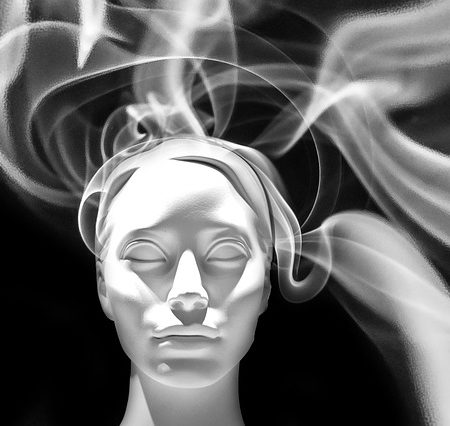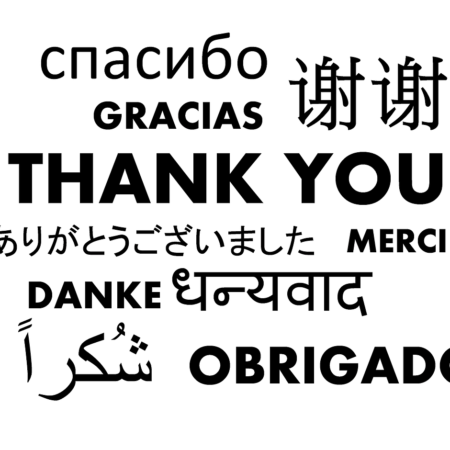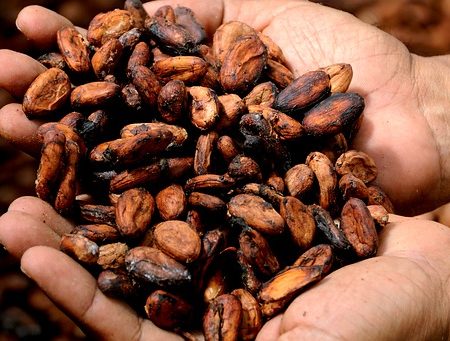
Why Your Brain Loves Chocolate
The year is 1410. You’re in Central Mexico, sitting around a fire in an adobe dwelling with your family drinking Chocolati, a thick chocolate beverage made from cocoa beans, peppers, corn meal, and spices. The cacao has been mashed up into a paste, the spices added, and whipped up with boiling water into a frothy drink. These Aztecs were on to something.
Today we prize chocolate as both a sweet treat and brain chemistry enhancer. There appears to be truth here. Chocolate has secured the title “brain food” by the medical community over the last 20 years or so – but only the dark variety. Dark chocolate is known to lower blood pressure and affect memory, learning, focus, and mood.
Cacao vs. Cocoa: What’s the Difference?
What’s the difference between “cacao” and “cocoa”? Cacao is the name of the raw bean from which chocolate is derived. Cocoa refers to the processed final product. Chocolate is generally considered “dark” if it contains at least 60 percent cacao. The higher the cacao content, the more the health benefits. I prefer to eat those that are 70 percent or more. That’s important to know when you’re dark chocolate shopping.
And what’s the difference between dark chocolate and milk chocolate anyway? Adding milk no longer makes it dark chocolate; it then becomes milk chocolate. Dark chocolate means pure chocolate – plus the fat and sweeteners that make it taste so good, not bitter and chalky. In fact, milk interferes with the absorption of chocolate’s antioxidants.
What’s in Dark Chocolate To Make It So Brainy?
You might be surprised to learn that several hundred compounds contribute to dark chocolate’s medicinal powers. As an antioxidant, dark chocolate can protect your brain from aging and oxidation, keeping it fit and fully functioning. Who in the business world doesn’t need that? Here are a few of the most common compounds found in the cacao bean:
Tryptophan and serotonin: Creates feelings of relaxation and well-being
Caffeine: Changes brain function resulting in temporary alertness and even altered perception, mood, and consciousness
Xanthines: A mild stimulant naturally occurring in the brain. Like caffeine, it increases wakefulness
Theobromine: A stimulant and vasodilator (increases blood flow)
Phenylethylamine: Stimulates the brain to release dopamine, a neurotransmitter associated with feelings of pleasure and motivation
Anandamide: A neurotransmitter activating brain pleasure receptors
Flavonols: Boosts blood flow to key areas of the brain for two to three hours after being metabolized, creating a mild painkiller effect
Is Chocolate the Exec’s Secret Weapon?
Notice how many of these compounds work on alertness and well-being? No wonder chocolate is a $98-plus billion global industry and growing. Driving the market is the rising awareness of the health benefits associated with cocoa-rich dark chocolate, according to marketing analysts.
Busy execs who want to stay ahead of the curve might be intrigued by the benefits of dark chocolate. Does it give them that extra push to pump up mental acuity? Maybe. Are they simply indulging but telling themselves they’re improving their overall health and productivity? Believing that’s the case can sometimes make it true.
But don’t go overboard, please. Dark chocolate is delicious and does affect your brain positively. It’s high in calories, sugar, and fat. The detectable benefits of eating dark chocolate may be subtle. The National Mental Health Institute estimates it would actually take eating about 25 pounds in one sitting to get any noticeable effects.
Hype or Help?
Some people swear by dark chocolate. Others consider it more hype than help. But why not apply some outside-the-box thinking tools and give it a try? It’s what some inquisitive exec’s do – at least that’s their story and they’re sticking to it.









